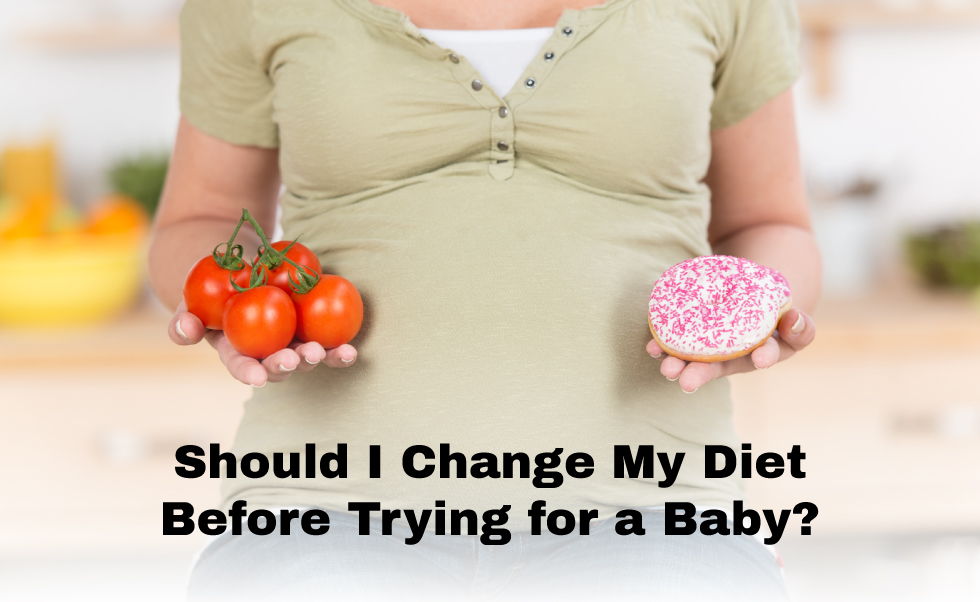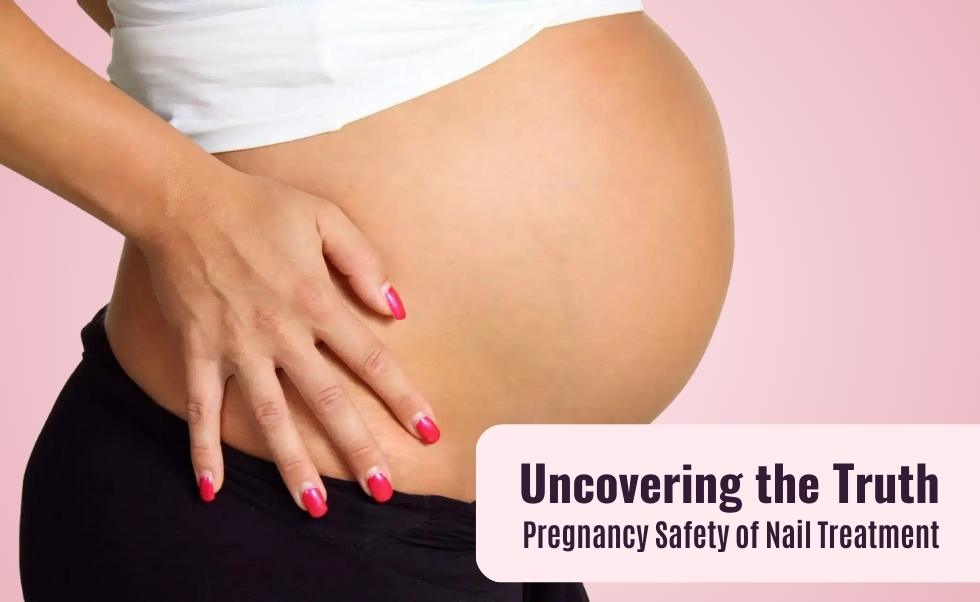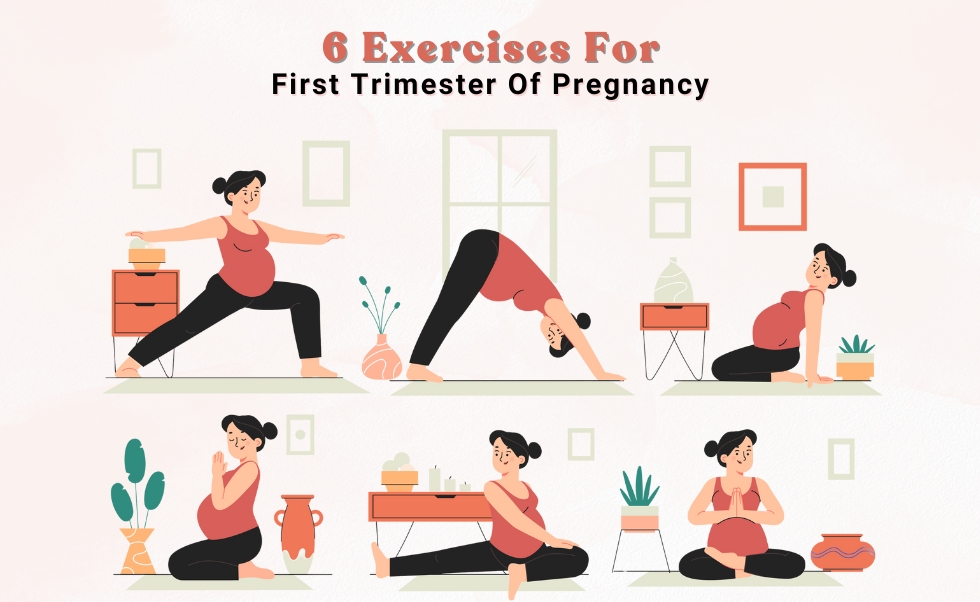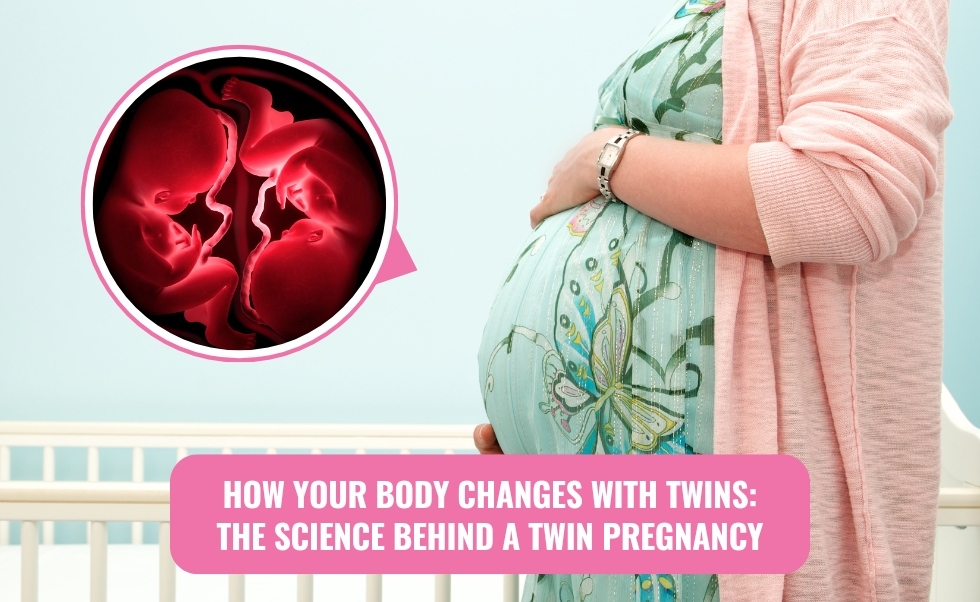Embarking on the journey to conceive is an exciting time filled with anticipation and hope. One of the most common questions during this period is diet. “Should I change my diet before trying for a baby?” The answer is a resounding yes! Here’s why and how you can make those important dietary changes.
Why does my diet matter?
- Nourishing Your Body: A well-balanced diet provides essential nutrients that prepare your body for pregnancy. Think of it as building a strong foundation for your baby’s future health.
- Boosting Fertility: Certain foods can enhance fertility by regulating hormones and improving ovulation. Incorporating these foods into your diet can increase your chances of conceiving.
What kinds of Foods Should I Embrace during this time?
- Fruits and Vegetables: Packed with vitamins, minerals, and antioxidants, fruits and vegetables should be a staple in your diet. Aim for various colors to ensure you’re getting a range of nutrients.
- Whole Grains: Whole grains like brown rice, quinoa, and whole wheat are rich in fiber and essential nutrients. They help maintain stable blood sugar levels, crucial for hormonal balance.
- Lean Proteins: Incorporate lean proteins such as chicken, fish, beans, and lentils. Protein is vital for cell growth and repair, which are important during conception and pregnancy.
- Healthy Fats: Don’t shy away from fats! Healthy fats in avocados, nuts, seeds, and olive oil are essential for hormone production and overall reproductive health.
- Dairy Products: Dairy is a good source of calcium and vitamin D, both of which are important for bone health and hormone function. Depending on your preference, opt for low-fat or full-fat options.
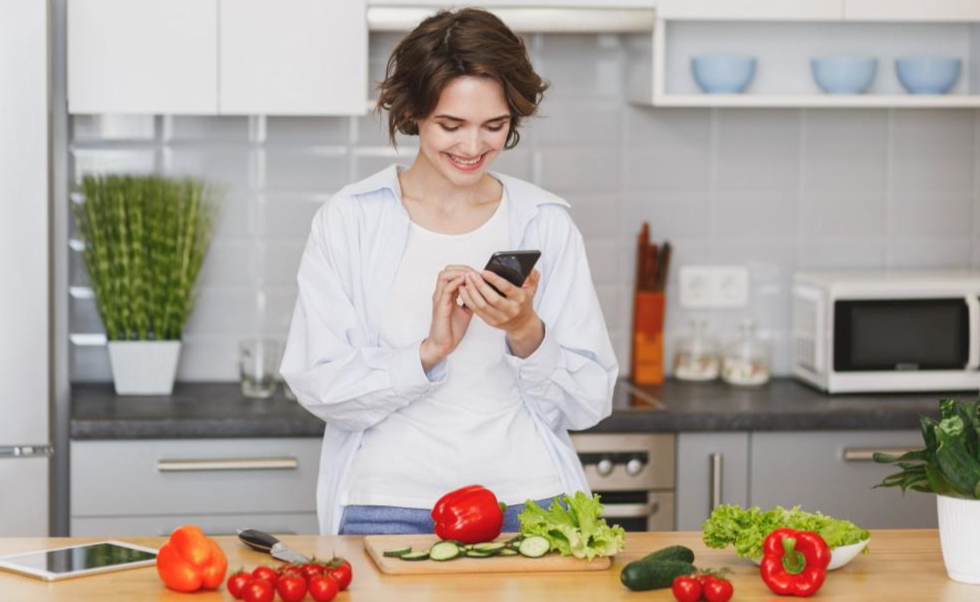
Are there any Foods to Limit or Avoid?
- Processed Foods: Highly processed foods often contain unhealthy fats, sugars, and additives that can negatively impact fertility. Minimize your intake of processed snacks, sugary drinks, and fast food.
- Caffeine: While a small amount of caffeine is generally considered safe, excessive consumption can affect fertility. Limit your caffeine intake to one cup of coffee or tea daily.
- Alcohol: Alcohol can interfere with ovulation and hormone levels. It’s best to avoid alcohol when trying to conceive to give your body the best chance of pregnancy.
- High-Mercury Fish: Certain fish, like swordfish and mackerel, contain high levels of mercury, which can harm a developing fetus. Stick to low-mercury options like salmon and trout.
Hydration is Key
Drink Plenty of Water: Staying hydrated is crucial for overall health and fertility. Water helps transport nutrients throughout your body and maintains optimal bodily functions. Aim for at least eight glasses of water a day.
Are there Supplements to Consider during this time?
- Folic Acid: Folic acid is essential before and during pregnancy to prevent neural tube defects in the baby. When you begin trying to conceive, start taking a daily supplement of 400-600 micrograms of folic acid.
- Prenatal Vitamins: Prenatal vitamins contain essential nutrients that support your health and your baby’s development. Consult your healthcare provider for a recommendation that suits your needs.
Final Thoughts
Changing your diet before trying for a baby is a proactive step towards a healthy pregnancy. Focus on balanced, nutrient-rich foods and stay hydrated. Remember, every small change you make can significantly impact your fertility and overall health.
Remember: Always consult with your healthcare provider before making significant changes to your diet or starting new supplements. They can provide personalized advice based on your health needs.
A healthy diet can set the stage for a successful conception and a healthy pregnancy. Here’s to a fruitful and joyous journey ahead!

